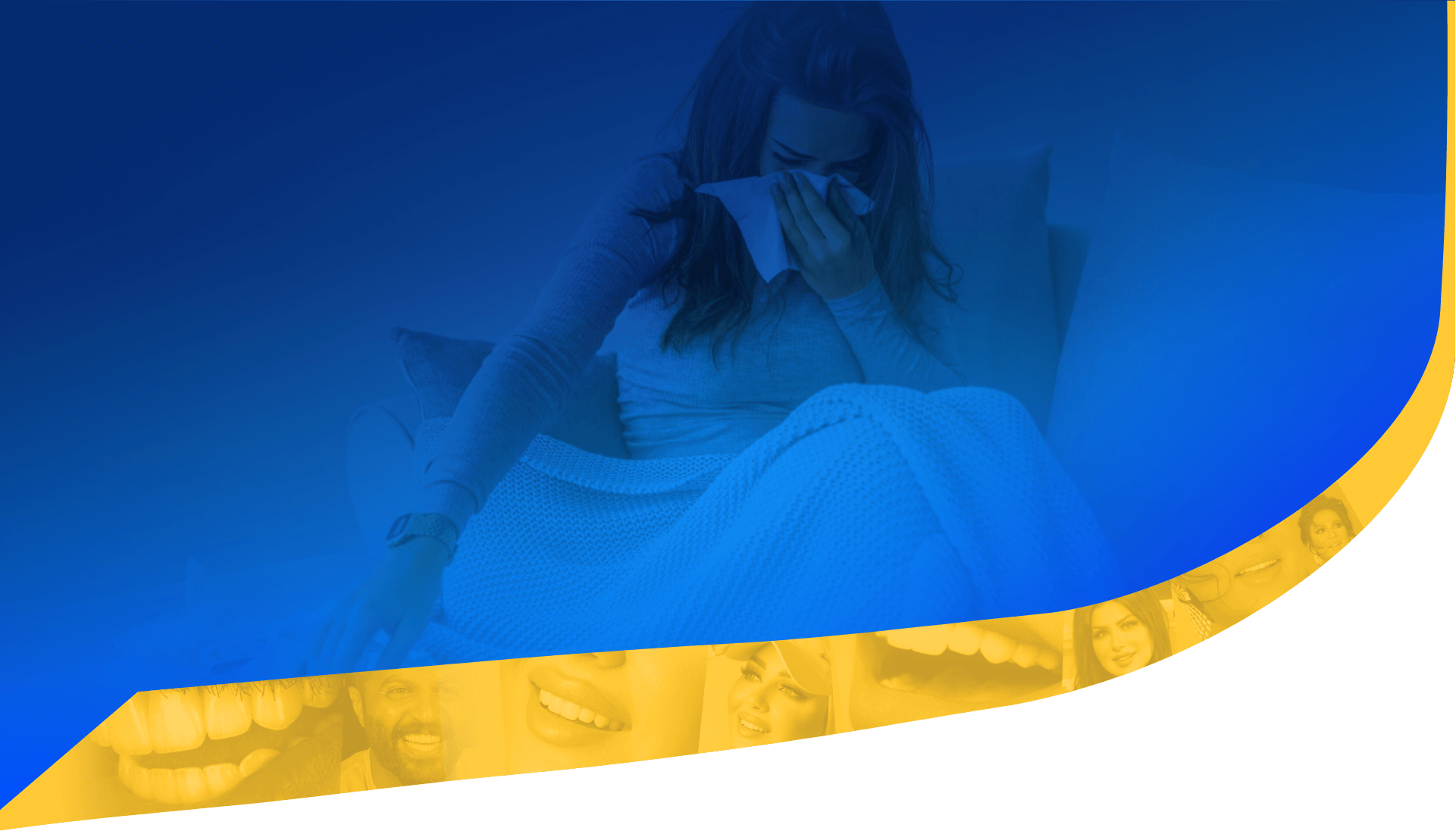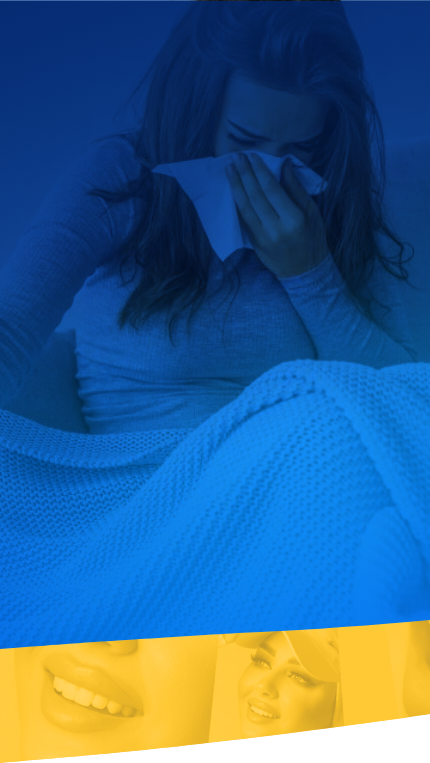Right/Wrong Behaviors

Tips for Healthy Teeth and Gums
-
1First Behavior
Wrong: Using a squiggly toothbrush. Not only can the bristles be extremely painful, they can also injure the gums and erode the tooth enamel at the meeting point of the gums and the teeth (gum line).
Right: Use a soft toothbrush. The flexible bristles are easier on the gums and can reach between the teeth and under the gums without causing bleeding or pain.
-
2Second Behavior
Wrong: Flossing daily incorrectly. Even if you floss every day as recommended, there won't be much benefit if the technique is wrong.
Right: Floss your teeth daily and take the time to do it properly (40 cm).
-
3Third Behavior
Wrong: Not wearing a mouth guard while exercising. Without the protection of a mouth guard, you and your athletic friends are likely to suffer from bruising, and broken or missing teeth.
Right: Wear a mouth guard, especially in sports that have a high possibility of mouth injury, such as snowboarding, boxing, cycling, etc....
-
4Fourth Behavior
Wrong: Sharing utensils, especially with infants and young children. Everyday activities like sharing utensils, tasting each other's food or washing a pacifier in your mouth may seem harmless, but they can actually transfer harmful bacteria from one mouth to another — including the bacteria that cause cavities.
Right: Make sure everyone has their own utensils and their toothbrush. Avoid passing decay-causing bacteria by making sure no one shares toothbrushes, utensils, or food (or cool your child's food by blowing on it). If you have a young child, do not clean the pacifier by placing it in your mouth and discourage your child from placing their fingers in anyone's mouth. Babies usually put their fingers back in their mouths afterward, which increases the chance of bacteria transmission.
-
5Fifth Behavior
Wrong: Teeth grinding, also known as bruxism. Over time, this painful habit can cause erosion and fractures to the teeth, not to mention disrupting the sleep of your loved ones!
Right: Take steps to stop the nightly grind. Talk to your dentist. Mouth guards prevent tooth damage. If you are unsure whether you grind your teeth in your sleep? Common symptoms include (headache, unexplained facial pain, jaw or neck pain, or earache)














comment